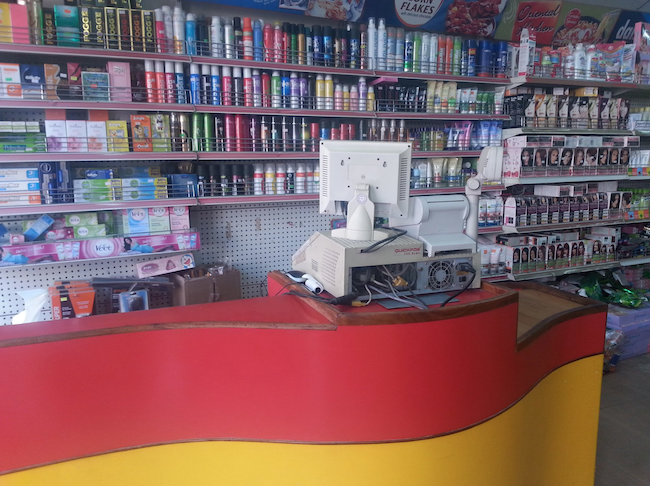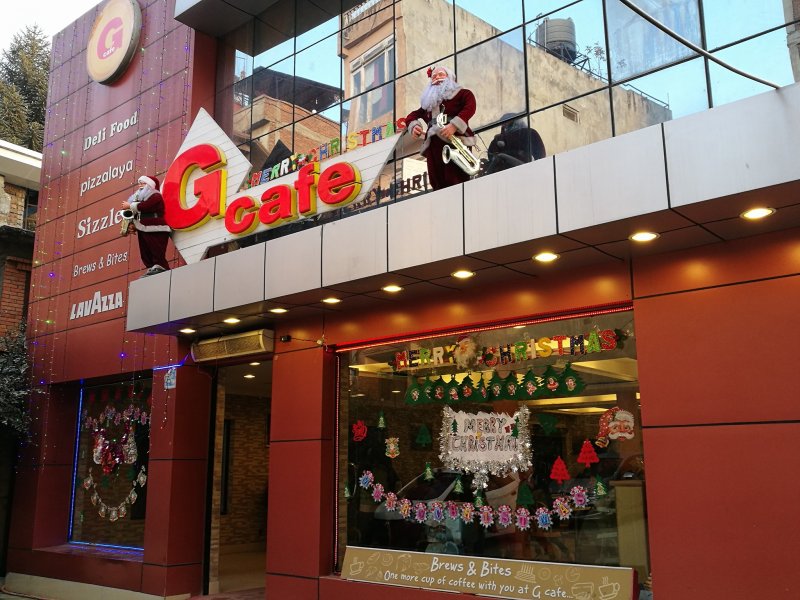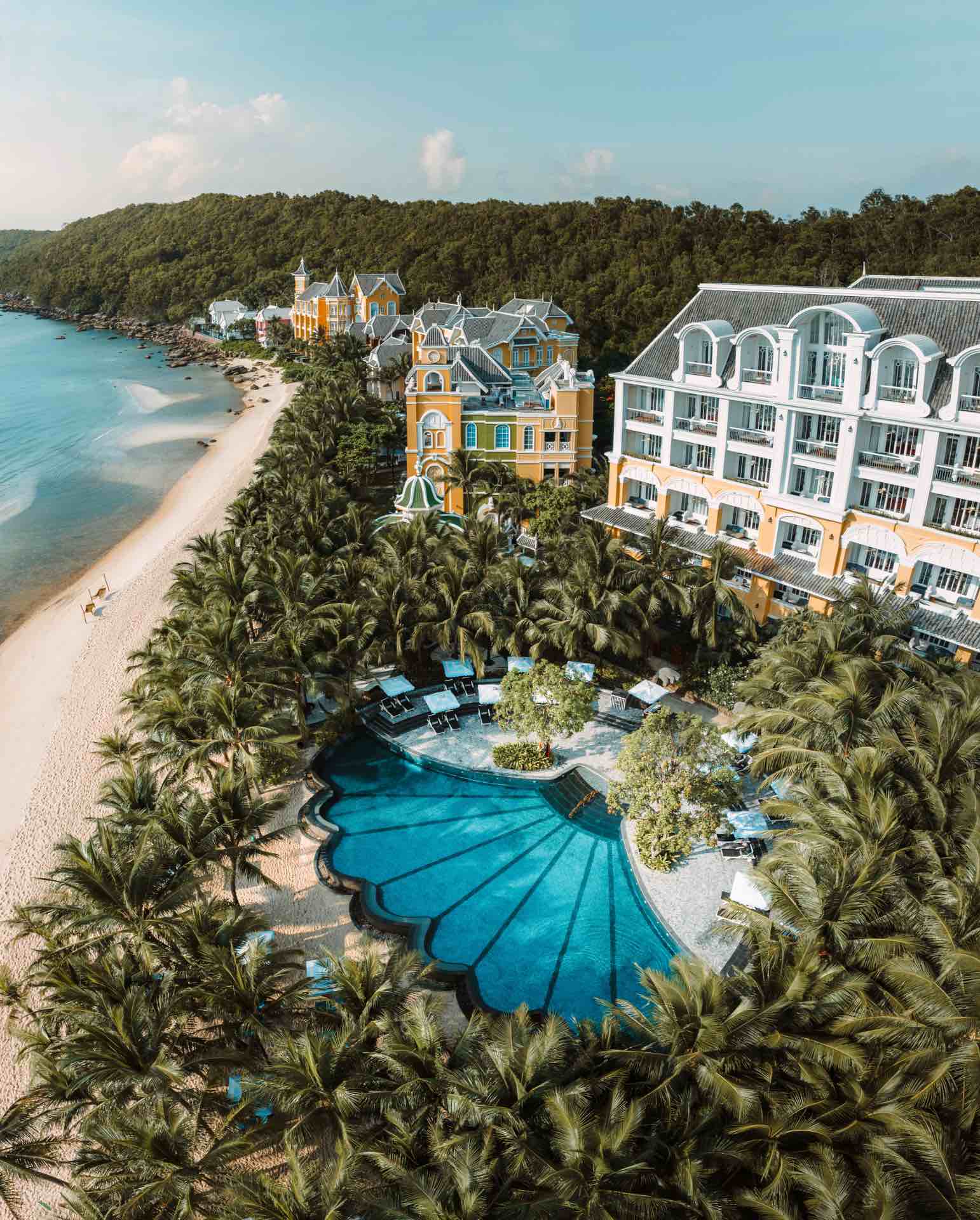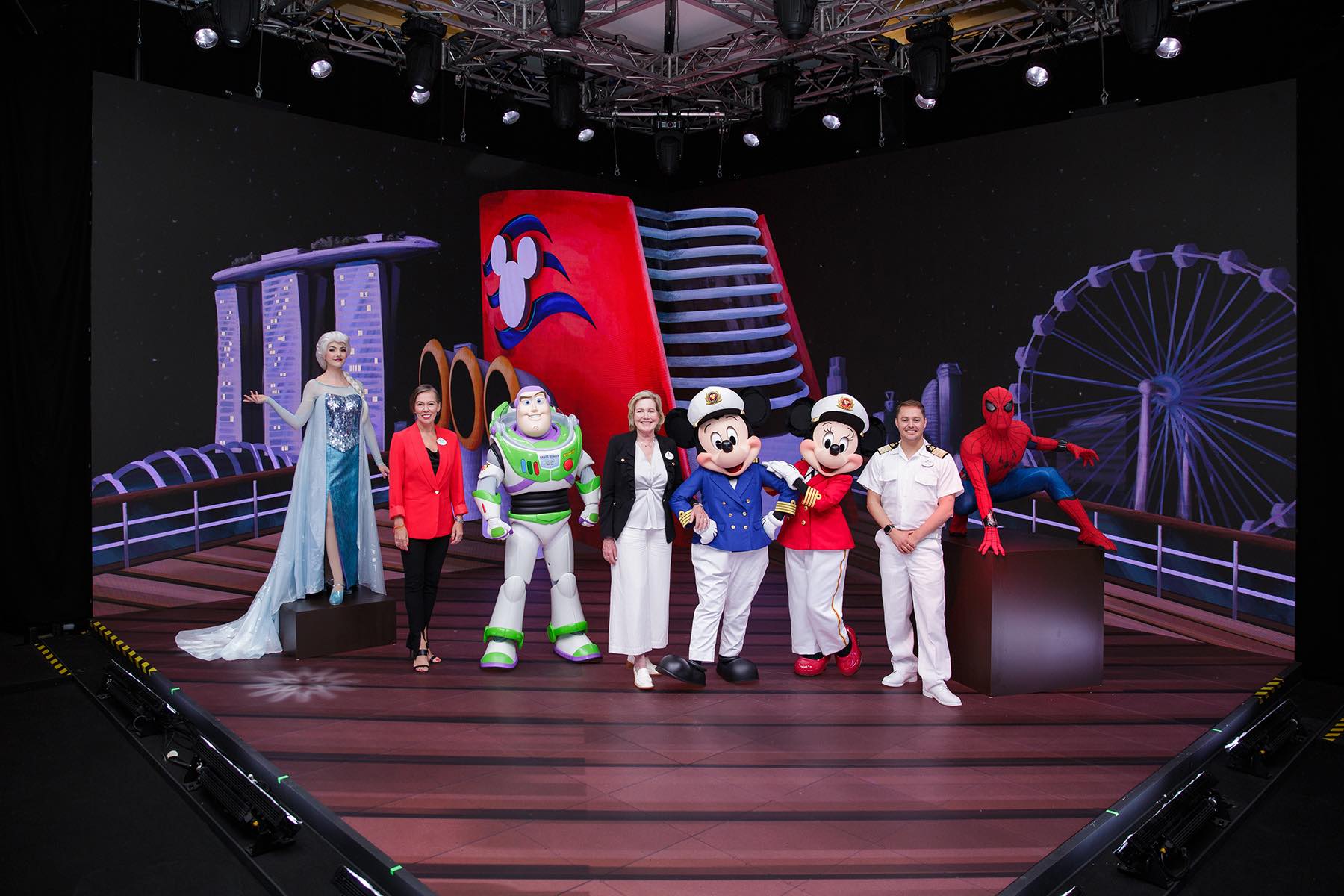As Singaporeans living in such a future-focused, fast-paced nation, we’ve grown quite accustomed to overlooking the little details, often taking them for granted. But here’s an individual who has viewed Singapore with a fresh pair of eyes—then 28-year-old Nepali entrepreneur Vishwa Maskey, who set foot in what was and still is arguably the most prominent local organisation in Singapore, NTUC FairPrice, during the 1990s. And having discovered the ways of the local supermarket we seldom think twice about, Maskey was intrigued.
“The billing system at Fairprice really caught my attention,” he recounts. “Especially the barcode scanners at the cashier.” Development in the retail sector back in Nepal wasn’t exactly booming in the early 90s, which made it even more fascinating for Maskey when he chanced upon the bustling, successful grocery store during his first visit to Singapore. What he saw past the throngs of shoppers were the organised rows of labelled products with price tags; and the effective check-out counters the cashiers were stationed behind, scanning the goods with handheld barcode scanners. This differed greatly from the grocers at home, including his, which, at that time was a small provision shop he had just taken over from his parents.
From then on, Maskey had a vision. He was set to take home a piece of the Singaporean supermarket system back to his hometown, where his own family-built store awaited. Armed with the measurements and specifics of his projects, he travelled home and wasted no time to begin coding a software for the cash register, with the aid of his brother.

From left to right: Jay Maskey, Vishwa Maskey, Tina Maskey, Juju Maskey
In 1991, the first Gemini Hypermarket in Boudhanath parted its doors to the public, which undoubtedly piqued the interests of many. Rows and rows of products arranged categorically lined the custom-made shelves that filled the space. By the exit was the check-out; counters with a cashiering system, manned by a trained employee. Tourists and locals alike flocked to the building to get shopping done; it was the first time anyone had seen such technology in the developing nation. In fact, Maskey became the first in Nepal to utilise a barcode-scanning system.
Together with family, he began expanding the business and took on two more locations, one in the town of Jawalakhel and another in Boudhanath, which was a 3-storey-tall departmental store, complete with apparels, electronics and even fresh produce on the basement floor.
When speaking to Maskey about the difficulties he faced in trying to incorporate advanced technology into a less developed country such as Nepal, he confidently states that he did not face any. The only problem, that eventually led to the downfall that came years later, was when the Maoist insurgency struck the nation, forcing Maskey and his team to terminate existing outlets. However, not all was lost. Maskey kept the original location; a stone’s throw away from the Boudhanath Stupa, which is a major tourist spot and significant pilgrimage point for many Buddhists. The store was reduced in size and went under a rebrand, but it still utilised the Singaporean cashiering system that inspired Maskey.

Today, Maskey and his family are proud to be closer to their roots with their cosy family store on the outskirts of Kathmandu. They have since ventured into the F&B industry, with the unveiling of fast food restaurant-inspired G Cafe in 2008 and Wrap n’ Roll earlier this year. Though the managerial reins have been handed over to his son, Juju Maskey, the innovations still run strong in the establishments. For instance, the G Cafe delivery van is a vehicle that runs on biodiesel—made from expired soybean oil from the kitchen for a more sustainable alternative.

Since his arrival in Singapore almost 30 years back, many new technological advancements have been made to increase efficiency in the industry. When asked about his thoughts on incorporating self-checkout kiosks in his establishments, Maskey laughs. “We have them built and ready-to-run. All that’s left to do is to wait for the government’s official approval.”





